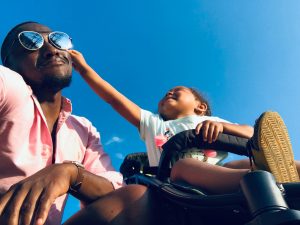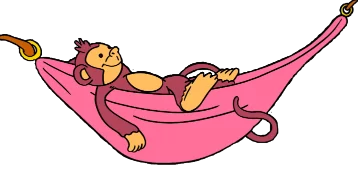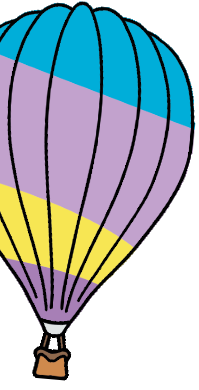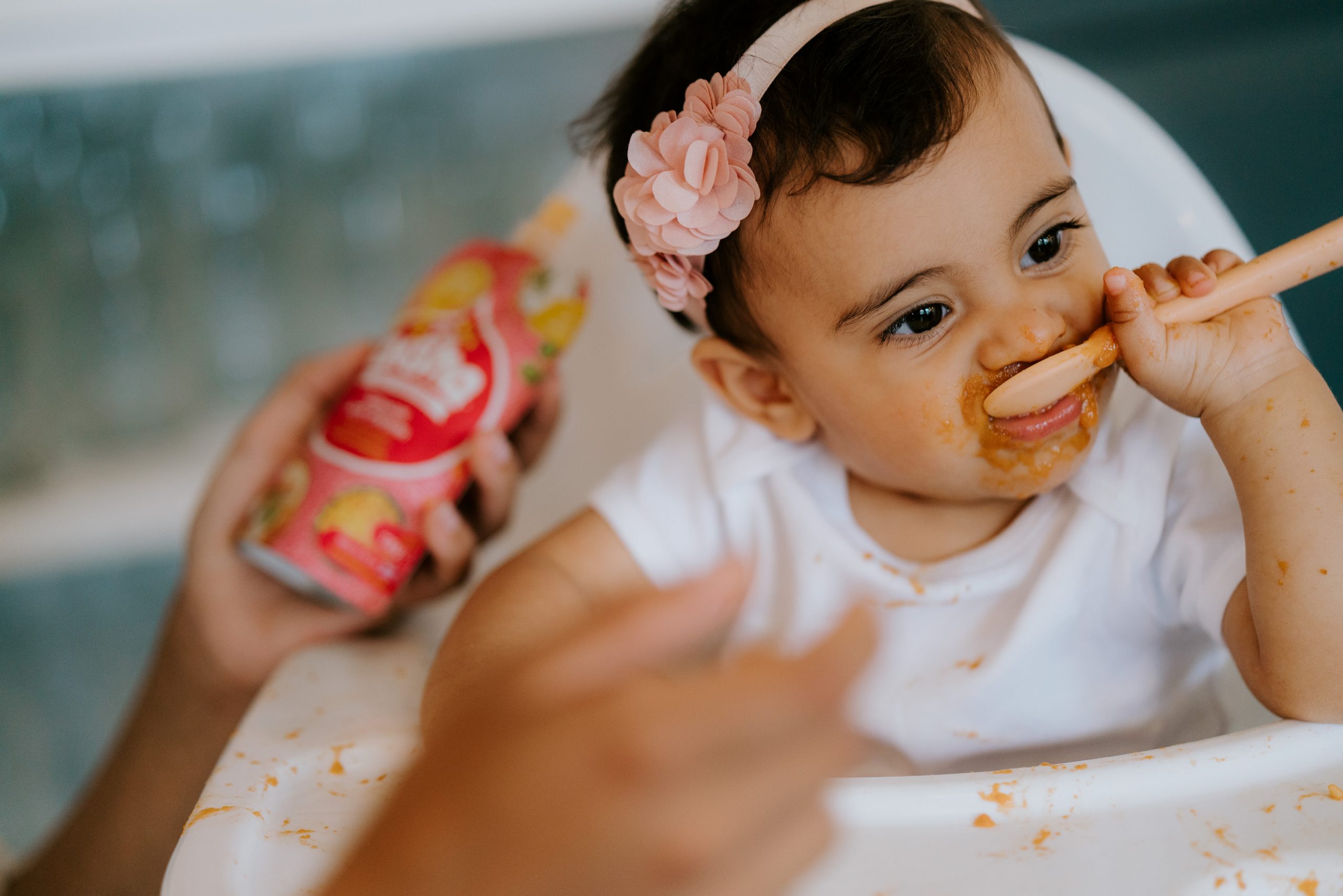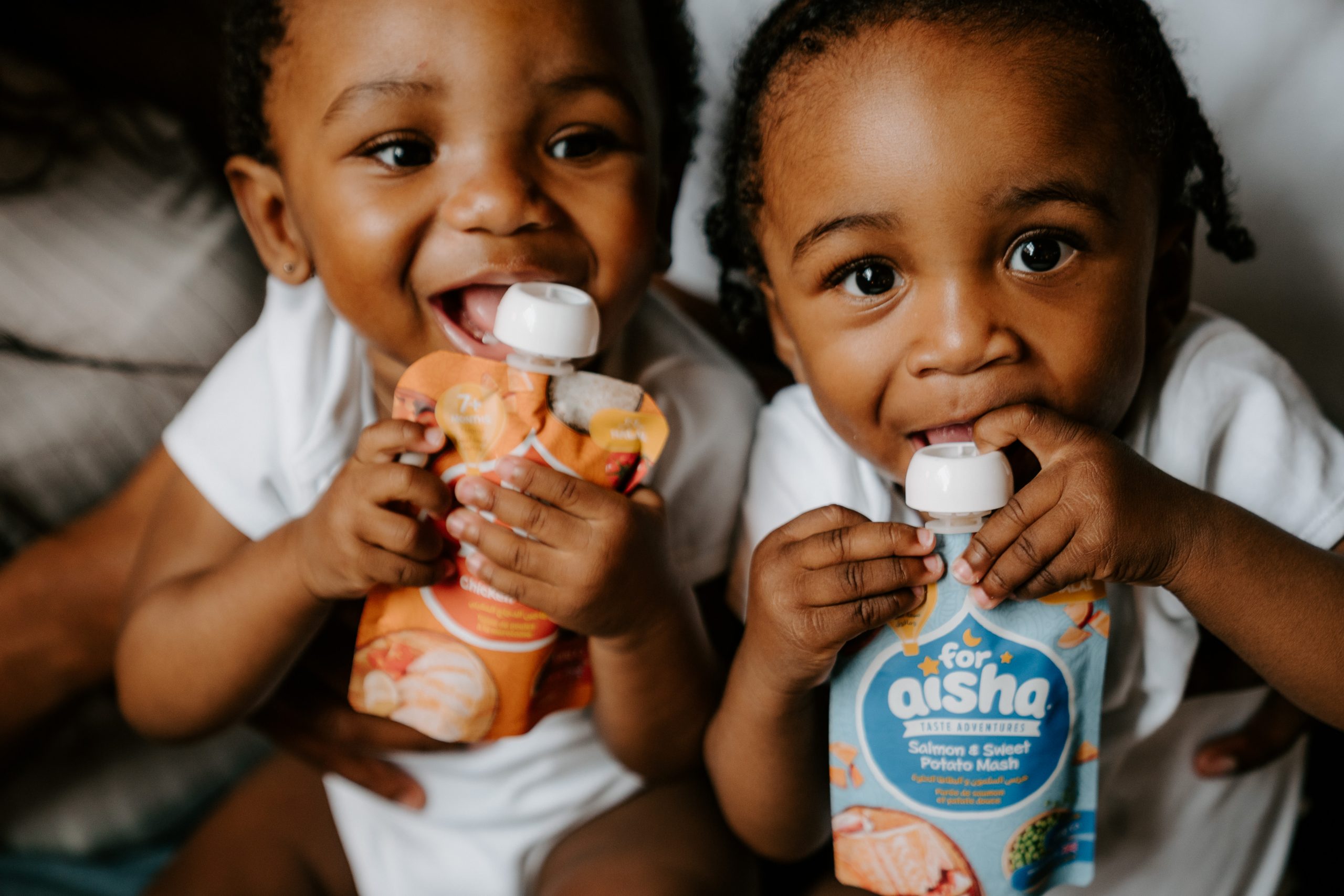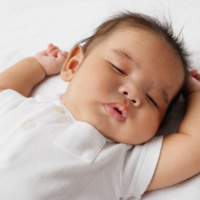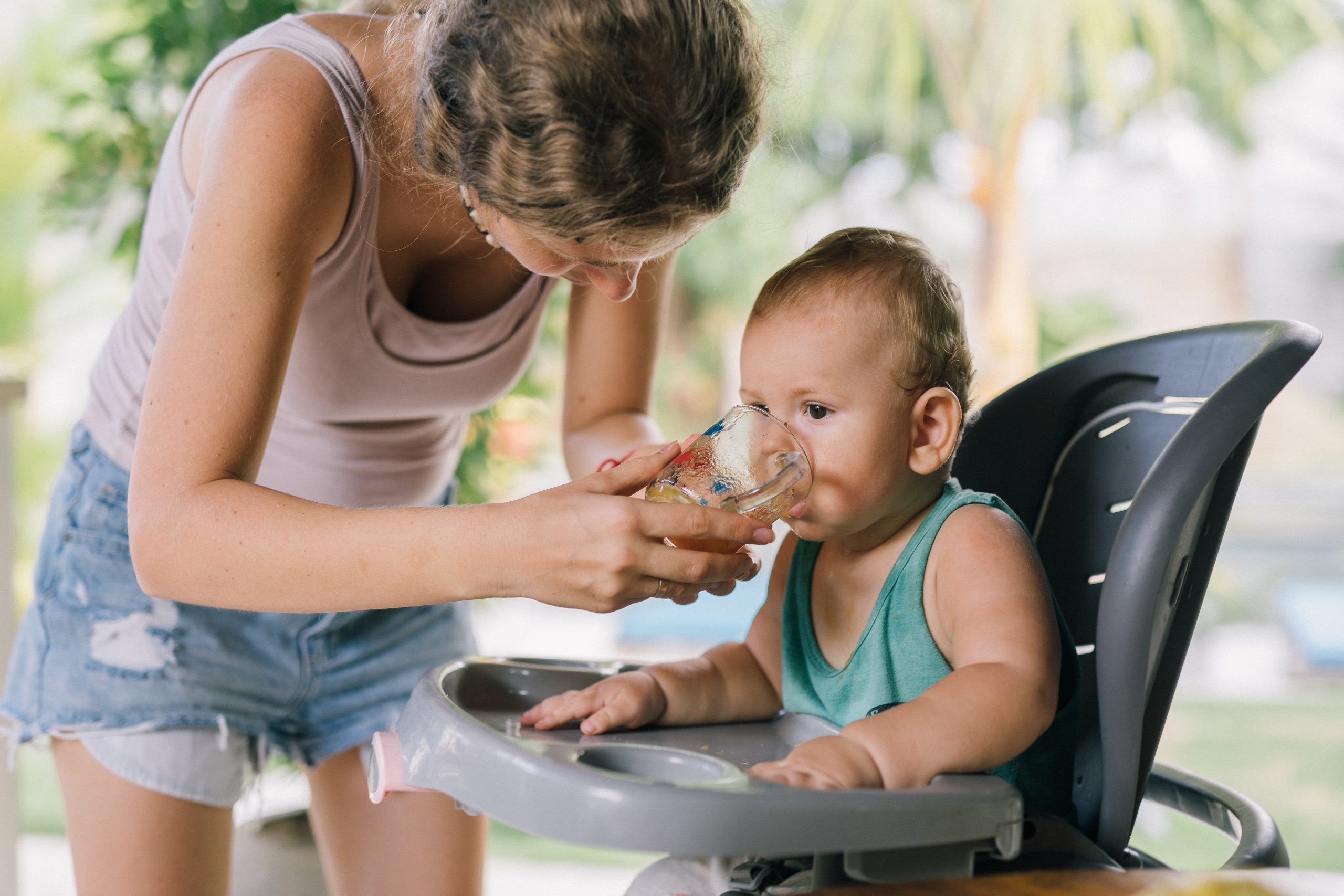
Hydration for little ones
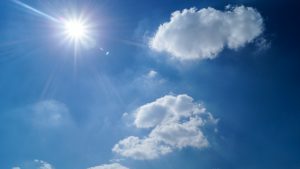
With the recent very hot weather, it’s important to know how best to keep your little one hydrated and ready for adventure. For Aisha’s award-winning nutritionist Priya Tew has some handy information for parents, to make sure that no matter whether you’re soaking up the sun on a hot beach or exploring the forest in a shady area, your baby is kept fully hydrated.
Did you know?
Little ones bodies are made up of 75% water. This is a lot more than adults, which is why it’s important to keep offering fluids to hydrate them. Initially, babies will get all their fluid from breast/formula milk- therefore you may need to offer extra milk feeds in this hot weather! Breast milk is over 80% water and formula milk is made up with water, so there is no need for extra water as a drink in the first 6 months.
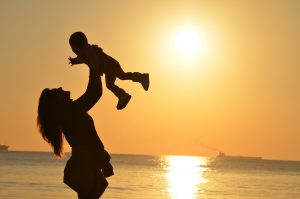
Giving your baby water is not recommended before 6 months as it can fill up their tummy, preventing them from having their milk. Water can also dilute down the levels of certain minerals in the body and lead to an imbalance.
When you start weaning your baby from (typically from around 6 to 7 months of age), it is then time to introduce water – but only a few sips here and there. Use a free flow cup or small open cup. It is better for their teeth if they learn to sip and not suck. Babies are able to sense when they are hungry but thirst is harder to tell, so they will likely need for you to remind them.
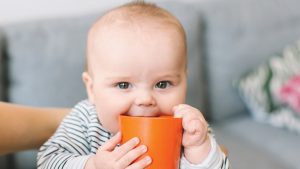
As your little one starts eating more food and being more active, it is key to keep that cup of water on hand and offer it in between meals. By the time they turn 1, they should be having up to 1 cup of water a day, with the rest of their fluid (up to 1 litre) coming from milk.
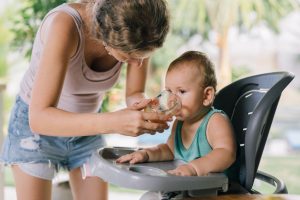

Adapted from EFSA (2010) Scientific Opinion on Dietary Reference Values for water. EFSA Panel on Dietetic Products, Nutrition, and Allergies (NDA). EFSA Journal 8 (3):1459.
If you do give your little one water before 6 months of age, then this needs to be boiled and cooled so it is sterile. After 6 months, tap water is totally safe.
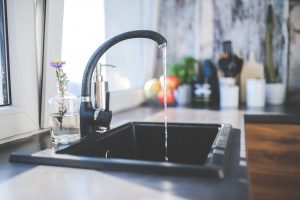
Top Tips:
- Offer frequent sips throughout the day. Keep a free flow cup on hand when you go out.
- Stick to water or milk only. There is no need for baby juices or squashes and these can be a cause of dental decay- plus they contribute extra sugar and calories without any other nutrition. Once you start offering these drinks it can be hard to stop!
- When your little one is more active or the weather is warmer, offer more frequent sips of drink.
- If you are concerned about their hydration or the weather is warm, offer water-rich foods; such as melon, carrots, apples, berries, cucumber, grapes and oranges as well as yoghurt.
- Babies will watch what you drink, so if you drink lots of water yourself, it may encourage them to do the same.
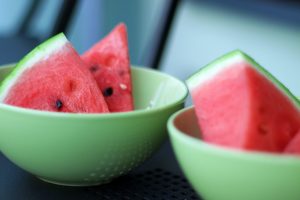
Dehydration can lead to a sleepy, grumpy baby. The initial signs to look for are less wet nappies and darker more concentrated urine, dry lips and mouth, and a sunken fontanel – the soft spot on the top of babies head. If you are ever concerned about your little ones health and hydration then seek medical advice right away.
-For Aisha nutritionist Priya Tew.
We hope that Priya’s array of information will give you all the confidence you need to enjoy fun days out with your whole family, come rain or shine!
